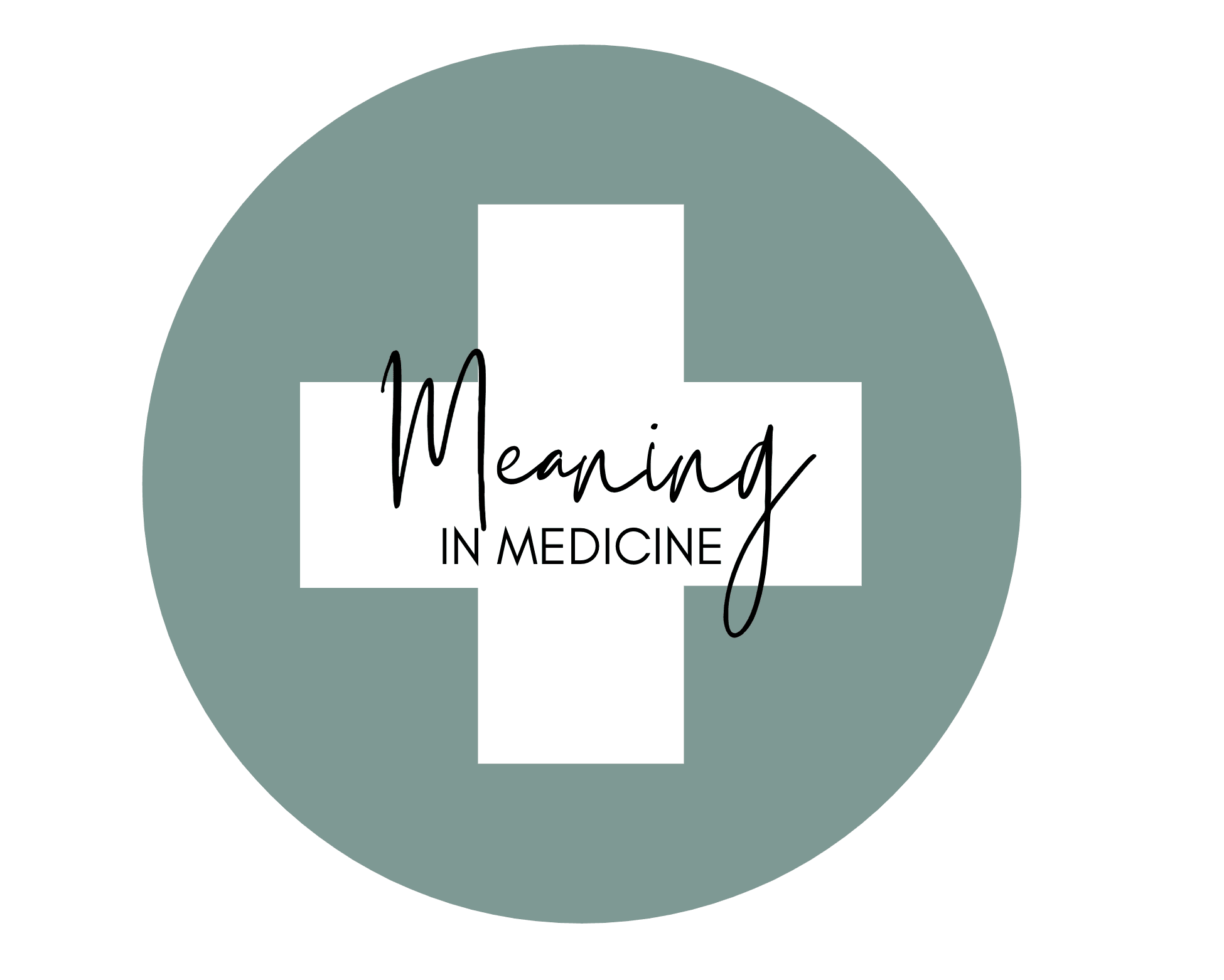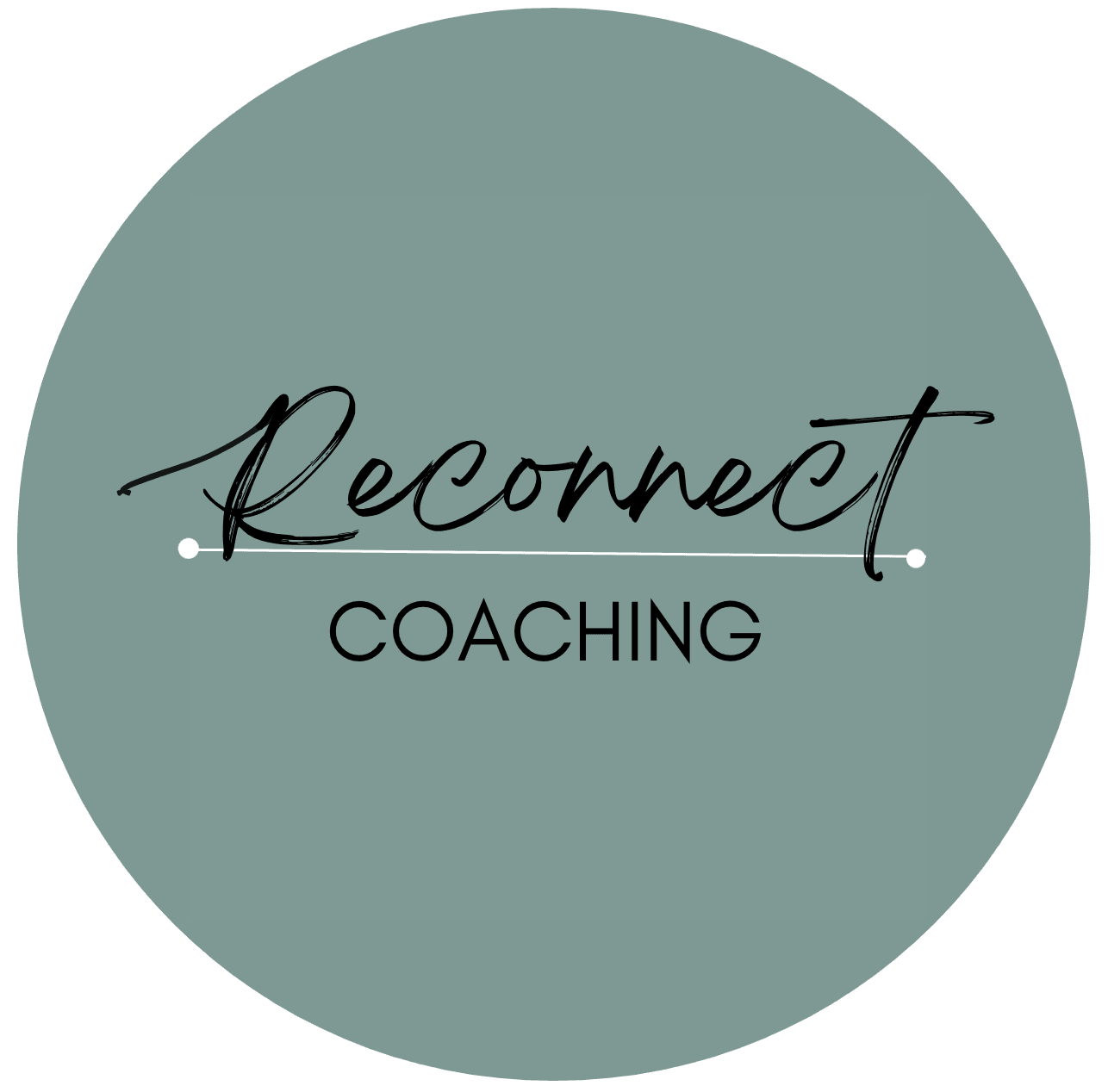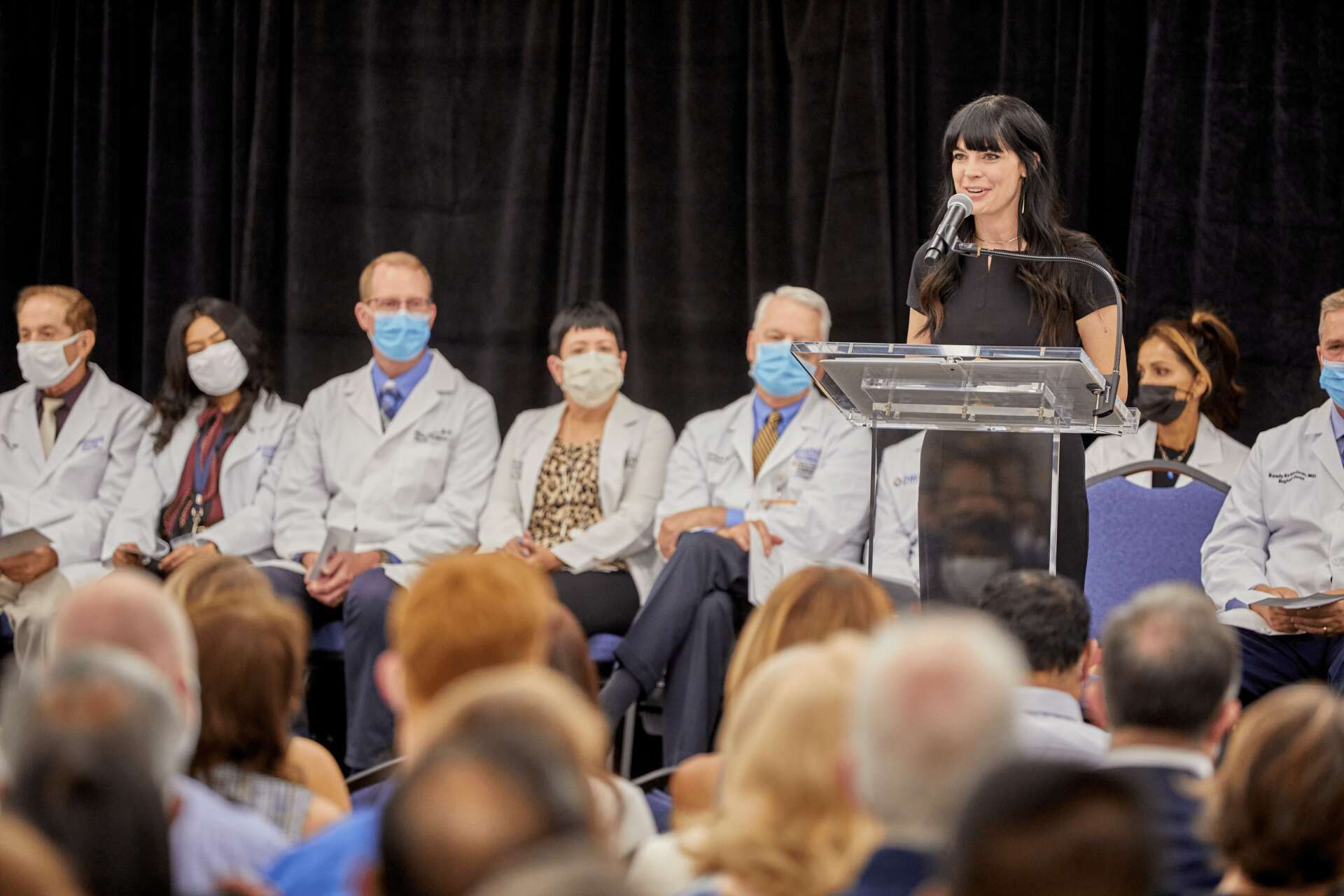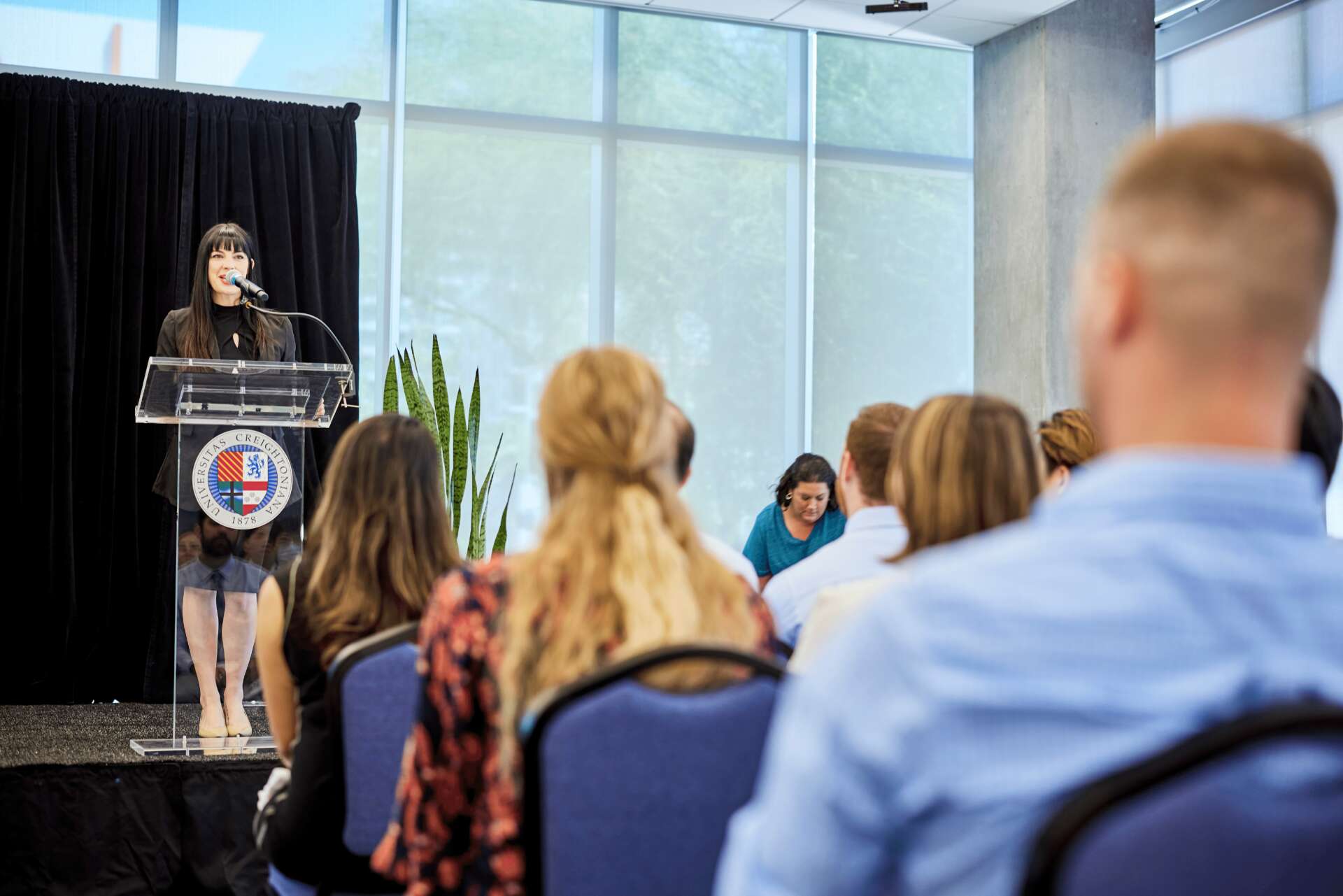We caught up with the brilliant and insightful Nicole Piemonte a few weeks ago and have shared our conversation below.
Nicole, thanks for taking the time to share your stories with us today We’d love to hear the backstory behind a risk you’ve taken – whether big or small, walk us through what it was like and how it ultimately turned out.
It wasn’t until my mid-30s that I realized that none of my choices in life felt like they were my own. From the outside, it probably looked as though I had everything together. A masters degree by 24, a doctorate by 29, a faculty appointment and an assistant dean position at a medical school by 32, two published books by 35—but, if you had asked me how I had gotten to where I was, I wouldn’t know the answer. I probably would have told you that I pursued a PhD in medical humanities—studying things like philosophy, literature, and history to better understand the very human elements of medicine—because I took care of my mom for almost three years before she died of ovarian cancer when I was still in college. I would have told you that this led me to teach medical students about the ways patients suffer beyond their physical bodies and how important it is for clinicians to be vulnerable enough and courageous enough to have hard conversations about death and dying with their patients. And I would have told you that all of this was only reinforced by watching my dad die of gastric cancer just a few years later. And everything I would have said would have been absolutely true.
But what is also true is that I never actually pursued any of those things. I wasn’t running toward any of it; I was simply running away from myself. I’d experienced a fair amount of pain in my life, even before my parents died, and achieving things and being “successful” was a way to avoid this pain. I seemed to think, albeit unconsciously, that I could achieve myself out of my suffering. So, I learned and worked and taught and wrote instead of feeling and grieving. I learned to please others and strive for external validation rather than sit with myself and consider my what I hoped for and valued and wanted for my own life.
It wasn’t until a few years ago that I began to slow down to process and to feel – to recognize my patterns and to stop betraying myself for the approval of others. Through this process, I began to recognize, perhaps for the first time, two things: what I love and what I believe I am good at. I started to see what brought me joy and how I might want to spend my time. I recognized my passion to help change medical culture, to help those in it to not fear vulnerability or avoid suffering, but rather be able to acknowledge both the pain and the beauty of choosing a life in medicine. So, after a year of reflection and discernment, I chose to leave my job in academia and start my own coaching practice that is dedicated to walking alongside those who’ve chosen a life in healthcare. I now spend my time helping others find the courage to slow down and look deeper—at themselves, at their work, at their life—to clarify intention and purpose. I work one-on-one with clinicians to help them uncover the reasons why they were drawn to be a healer in the first place and to help them move forward in new directions, both professionally and personally. Leaving my job in order to do this was one of the scariest things I have ever done. But it also feels like the most authentic decision I’ve ever made. And I am so very grateful that I get to spend my time doing work that feels so deeply meaningful.

Nicole, before we move on to more of these sorts of questions, can you take some time to bring our readers up to speed on you and what you do?
I am passionate about bringing healing to those who are committed to healing others. I have spent the last 12 years teaching medical students, residents, and clinicians about compassion, suffering, and the lived experience of illness and loss. Much of my work is shaped by my own experience having been the primary caregiver for my mother who was diagnosed with ovarian cancer when I was twenty. When my mom died two years later, I wanted to better understand the silence around death and dying in medicine that led to my mom dying in the hospital instead of at home where she wanted to be. So, I focused my graduate studies on uncovering why medical culture struggles with vulnerability, suffering, and grief.
This work led me to pursue a PhD in medical humanities at The University of Texas Medical Branch where I studied philosophy, medical ethics, literature and medicine, and medical epistemology and pedagogy. I’ve published two books with The MIT press, Afflicted: How Vulnerability Can Heal Medical Education and Practice (2018) and Death and Dying (2021), which draws on my father’s cancer experience and death.
I feel called to helping clinicians and trainees express the pain, meaning, and joy that comes with a life in healthcare. I have been honored to share my story at universities and healthcare centers across the country and to collaborate with leaders to think of new ways forward in healthcare and healthcare education. As a trained professional coach, I work both one-on-one and in groups with clinicians who are looking to reconnect to meaning and purpose in their work and to grow in new directions in their personal and professional lives.

Any advice for growing your clientele? What’s been most effective for you?
What has been most effective in growing my clientele has been being genuine, authentic, and real. This means partnering with clients—really listening to them so that they feel seen and heard—and then helping them uncover their own wisdom and resourcefulness. As a coach, I am not an “expert” or an advisor; I am a collaborator and thinking partner. When clients feel safe and feel that their coach believes that they are the experts of their lives, then a coaching partnership can flourish. And, if my clients feel that the coaching relationship helped them in some way, then hopefully they recommend coaching to their colleagues and friends who might also be seeking growth or clarity.

Other than training/knowledge, what do you think is most helpful for succeeding in your field?
To have a successful coaching practice, you have to let go of your ego. While we must, as people, love ourselves and take care of ourselves, as a coach, it is not about us. It’s about helping others discern for themselves the wisdom and truth that is already there.
Contact Info:
- Website: https://www.meaninginmed.com
- Instagram: meaning.in.medicine
- Facebook: https://www.facebook.com/profile.php?id=61555137336390
- Linkedin: https://www.linkedin.com/in/nicole-piemonte-540661107/



